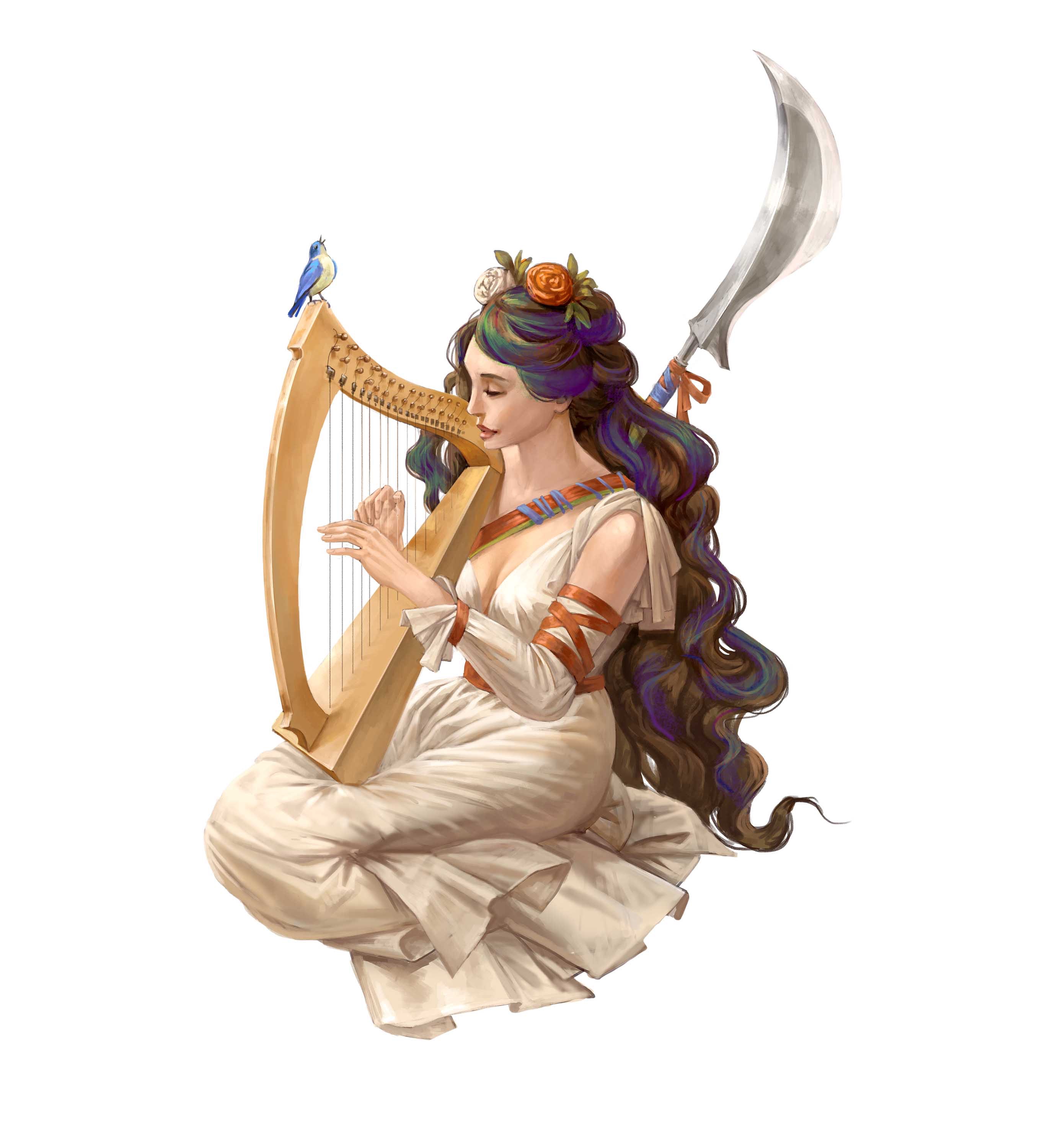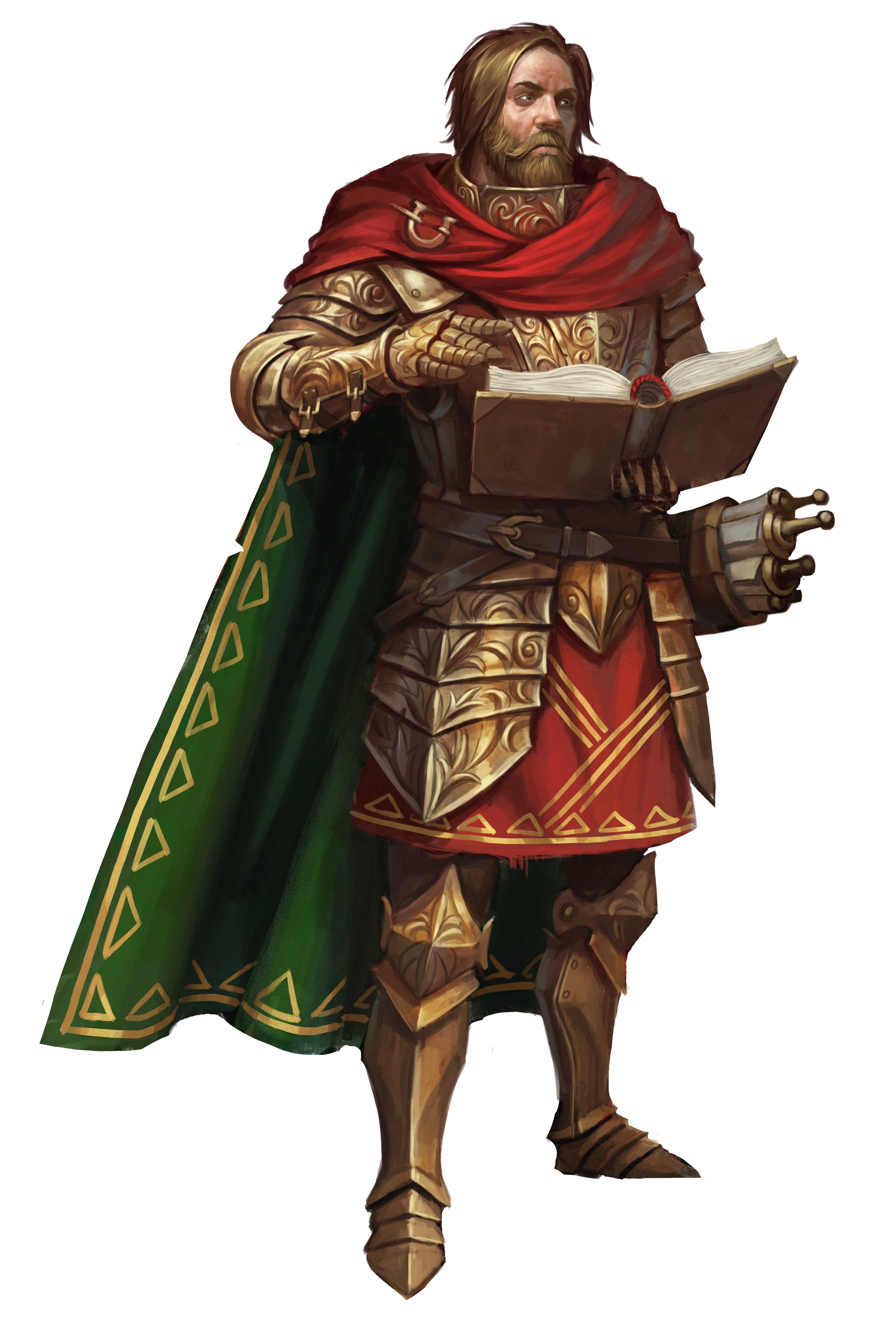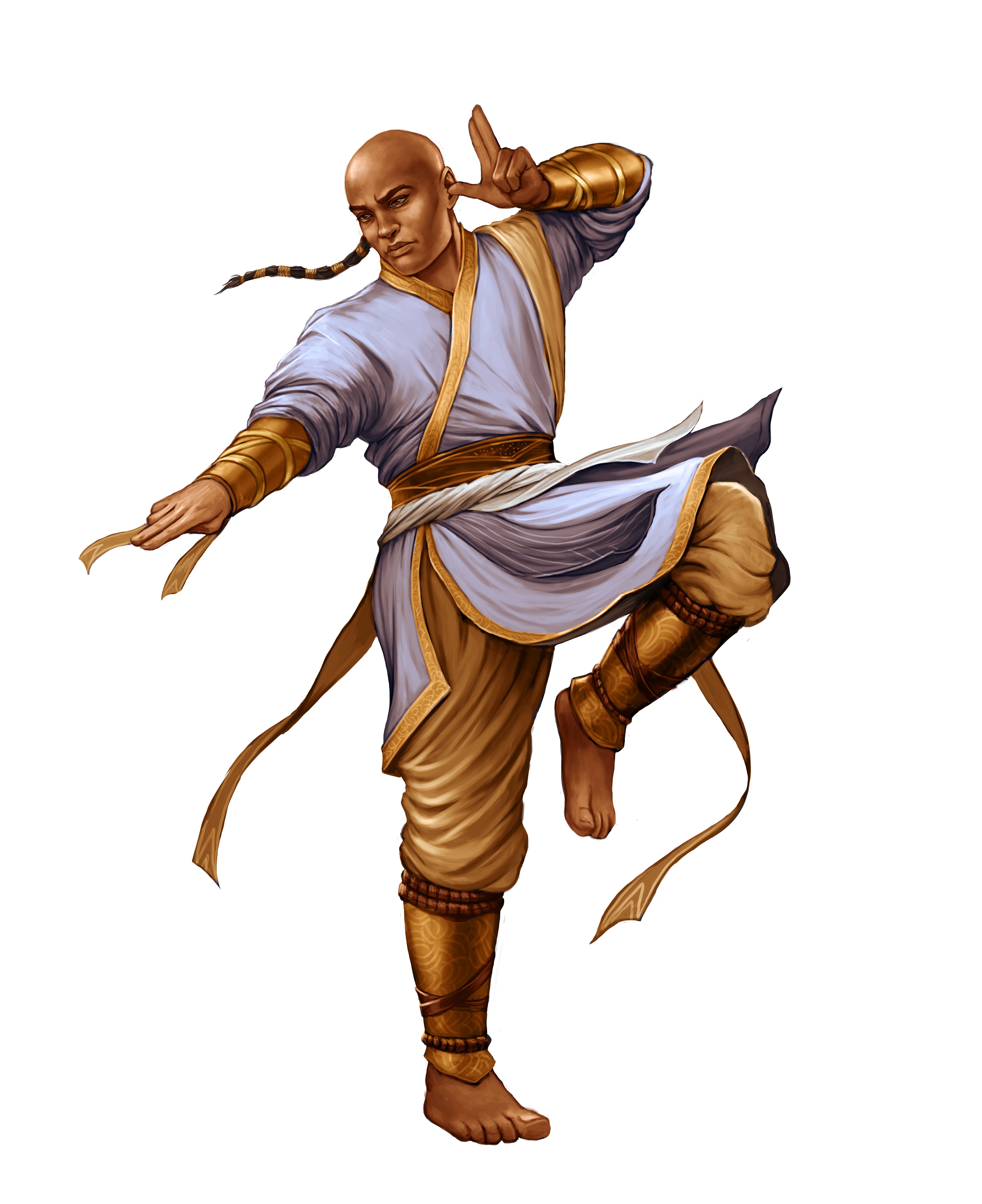The world of Pathfinder is one of many gods, entities of unfathomable power with influence over every aspect of mortal life. To the average person on Golarion, a prayer to a god for good health, good harvests, or protection from harm is an everyday tradition. A character’s choice of a patron god can have a huge impact on that PC’s background, attitude, and overall flavor. Yet for the player of a PC who is not a member of a divine class, the choice of deity has often proven merely cosmetic. If you aren’t affected one way or another by the whims of the gods, what point is there in following their strictures—in other words, what’s in it for me?
Theological discussions aside, we’ve added a new tool into Lost Omens Gods and Magic to allow the GM to showcase the gods’ influence upon the world, without their actions snatching away the PCs’ autonomy. Called “Divine Intercessions,” these take the form of boons and curses, ranging from minor to moderate to major in scale, that the gods can grant to those who especially please and displease them. While the gods don’t grant these intercessions lightly—otherwise everyone in Golarion would be cursed all the time! —they might be potent enough to draw an adherent’s prayers in hopes of being blessed… or fearful enough a PC might think twice before sacking the local temple!
In many cases, Divine Intercessions are reserved for adherents of the god in question, who have either pleased their patron deity or committed some manner of anathema. Nothing prevents them from responding to a simple prayer from a layperson either, however; in this way, we offer the gods more nuanced reactions towards their faithful than the often-binary responses that they had in the past. For example, a PC who helps out a struggling artist would probably think little of a grateful farewell of “May Shelyn bless you!”—yet might later find Shelyn repaying that small kindness when it is most needed:
Minor Boon: Once, when you roll a failure on a Diplomacy check, you get a critical success instead. Shelyn typically grants this boon only when the Diplomacy check would serve to increase love or offer a chance of redemption.
On the other end of the scale, priests or holy warriors of various gods may be forced into sticky situations where the most convenient, or even only, method to solve a problem is to violate one of their god’s anathema. A priest of Abadar might wind up stealing a key in their pursuit of a dangerous lawbreaker—that likely shouldn’t be grounds for expulsion from the church or a loss of divine power, but Abadar might make his displeasure known until his servant atones:
Minor Curse: Any time you steal, illegally harm or kill another creature, or undermine a law-abiding officer or court, a symbol or word describing your crime appears on a visible spot on your skin. This symbol cannot be removed or hidden with makeup (though it can be covered with clothing) and it doesn’t vanish until you make legal restitution for the crime, such as by serving your sentence.
The Divine Intercessions in this book are simply suggestions, as a godly response can be tailor fit to whatever circumstance or prayer provoked it. They provide a strong groundwork for how the gods respond to a service or insult, however; Iomedae and Gorum often bless or curse weapons and armor, for instance. Asmodeus rains down terrible punishments on those who offend him, while Erastil’s boons and curses might not even be noticed by those with no desire for a settled life. For those who truly upset the gods, there are even curses so powerful they could spawn a legend or a campaign in their own right:
Major Curse: Irori makes all living creatures forget your existence. This can be further compounded by raising Irori’s ire, resulting in your name being obliterated from all written records. In both cases, memories and writings rearrange themselves to omit you smoothly, rather than leaving obvious gaps.
How might your PCs change if they knew the gods were watching? Would they still prefer kindly gods who prefer to let mortals forge their own path? Or would the temptation of easy boons from evil gods sway them from the light?
Eleanor Ferron
Developer
Oh Lord, won't you buy me a Mercedes Benz?
Tuesday, January 07, 2020








